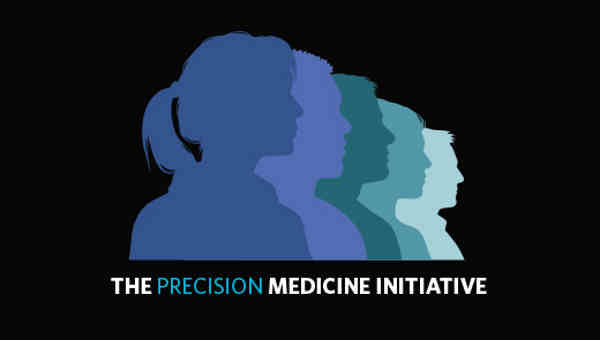What Will Happen to Me If I Get Cancer?
To many, cancer remains one of the most frightening diagnoses in modern medicine. But much of this fear is a result of myths that have circulated for years in spite of the good information that is available.
National Cancer Institute (NCI) has released this information to separate fact from fiction.
Myth––Cancer is a death sentence. The fact is that more than 12 million cancer survivors are living in the United States. Thanks to improved treatments and earlier diagnosis of some cancers, more than 3 of every 5 cancer patients are alive 5 years after their diagnosis. For children, the 5-year survival rate is 4 in 5.
Myth––Cancer is contagious. You cannot catch cancer from someone who has it. What can spread among people are microorganisms (viruses and bacteria), and a few of these can cause cancer.
Myth––If a parent or close family member had cancer, you will inherit it. Cancer develops when genes change in certain ways, but most of these changes occur later in life and are not inherited. But some cancer-causing gene changes are inherited, so if a certain cancer seems to run in your family it is important to discuss this with a doctor.
Myth––People get cancer from . . . (just fill in the blank as to what you have heard). Scientists are continuously doing research to determine whether particular natural or manmade substances cause cancer. Research shows that the following are not likely to cause cancer: cell phones, microwaves, fluoridated water, hair dyes, deodorants, sugar, artificial sweeteners like saccharin and aspartame, and low-frequency magnetic fields produced by power lines and household electric appliances.
Myth––You have no control over your own cancer risk. Although scientists haven’t figured out how to completely prevent cancer, there are things you can do to reduce your risk of certain cancers. For example:
- Not smoking or quitting smoking greatly reduces your risk of developing and dying from lung cancer.
- Maintaining a healthy weight and being physically active cuts your risk of several cancers.
- HPV vaccines prevent infection with the virus that causes most cervical cancers. And regular cervical cancer screening detects most cervical abnormalities so that they can be treated before they become cancer.
- Colorectal cancer screening reduces the risk of developing and dying from colorectal cancer.
- For women age 40 and older, getting regular mammograms reduces the chance of dying from breast cancer.
Myth––Your attitudes and beliefs can help you beat cancer. Unfortunately, despite many studies, this appears to be a myth. But a positive attitude may improve the quality of your life during and after treatment. Many people say that focusing on the joys in life and things that they can control helped them get through cancer treatment. Spending time with family and friends, taking part in hobbies and activities when possible, and enjoying the little things in life may help one better manage the stresses and worries of cancer.
For more information about cancer, you can visit the NCI web site at www.cancer.gov.
Photo courtesy: NCI




